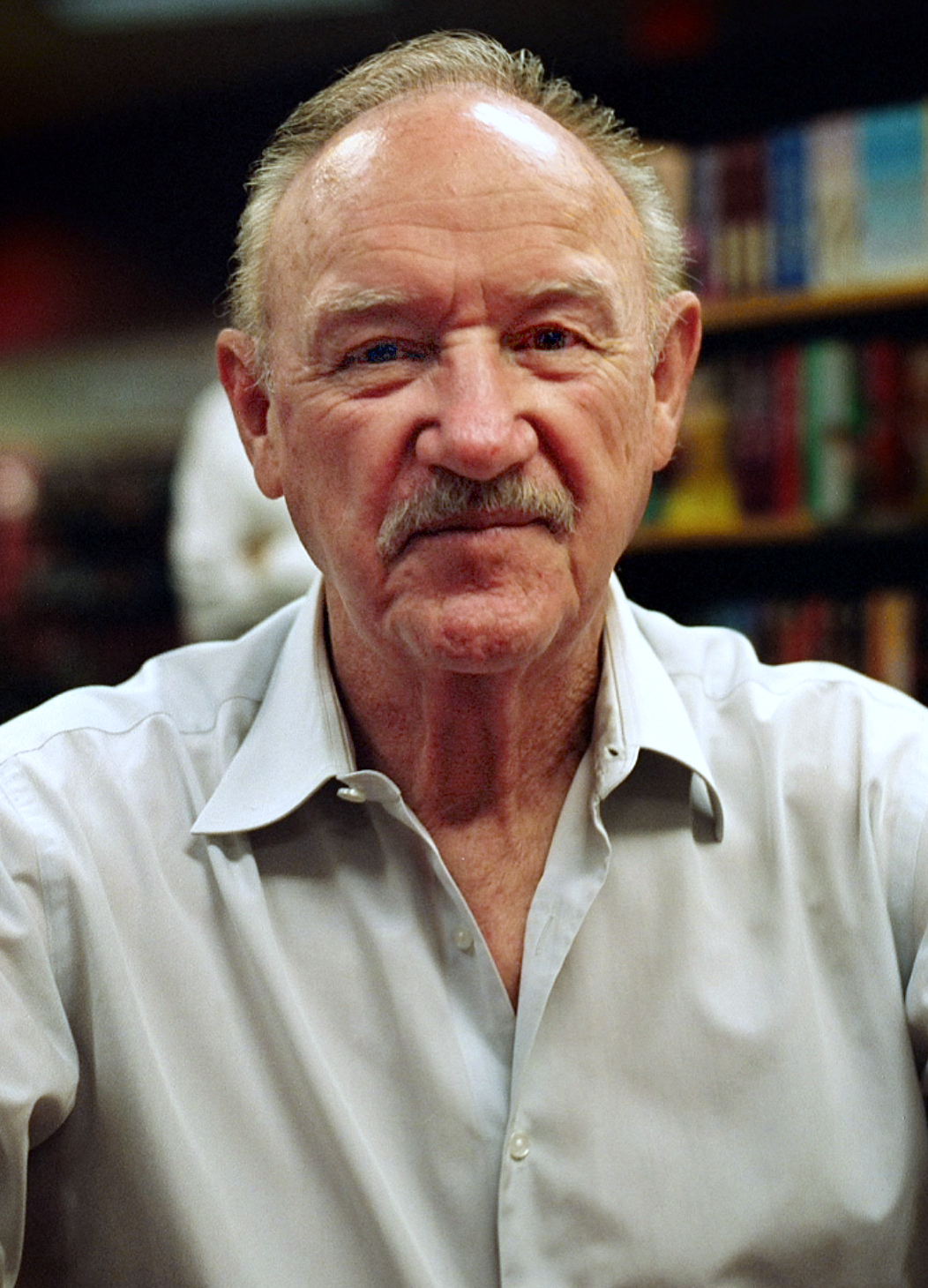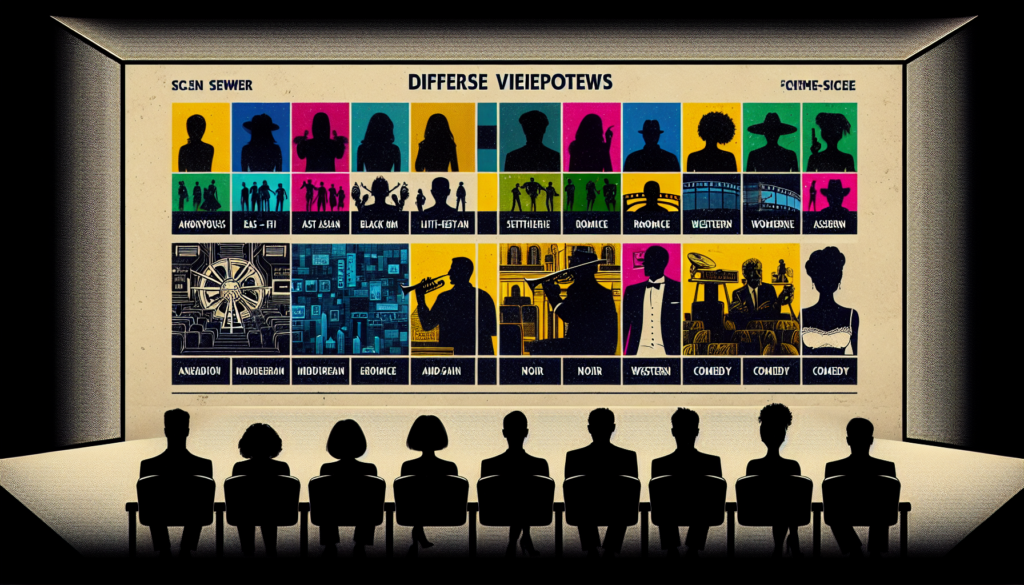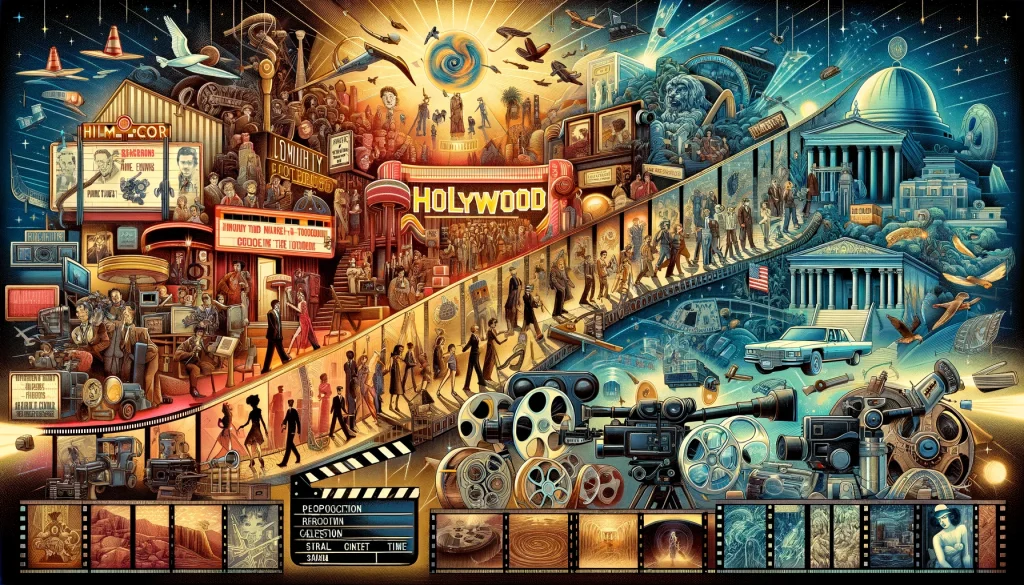In the pantheon of American cinema, few actors have left an imprint as profound and enduring as Gene Hackman. With his rugged authenticity, versatile talent, and uncompromising dedication to his craft, Hackman established himself as one of Hollywood’s most respected performers across a career spanning nearly five decades.
The Unlikely Star
Born in 1930 in San Bernardino, California, Hackman’s path to stardom was anything but conventional. After serving in the United States Marine Corps, he pursued acting against considerable odds, famously being voted “least likely to succeed” by instructors at the Pasadena Playhouse. This early rejection would fuel a determination that became characteristic of both the man and the unforgettable characters he portrayed.
What set Hackman apart was his extraordinary ordinariness—a working-class authenticity that allowed him to disappear completely into his roles. Unlike the conventional leading men of his era, Hackman brought a lived-in quality to his performances, a natural gravitas that made even his most complex characters deeply relatable.
Breakthrough and Critical Acclaim
Hackman’s breakthrough came with his Oscar-nominated performance in 1967’s “Bonnie and Clyde,” but it was his portrayal of Detective Jimmy “Popeye” Doyle in 1971’s “The French Connection” that cemented his place in cinematic history. His performance—raw, intense, and morally ambiguous—earned him his first Academy Award and redefined the archetype of the American movie cop.
Five years later, Hackman delivered another masterclass in acting with “The Conversation,” Francis Ford Coppola‘s paranoid thriller where he played surveillance expert Harry Caul. The performance showcased Hackman’s remarkable ability to convey interior emotional states with minimal dialogue—communicating volumes through posture, gesture, and the subtle modulation of his expressive face.
Versatility Across Genres
Perhaps most impressive was Hackman’s extraordinary range. He moved effortlessly between genres, from the gritty realism of “The French Connection” to the superhero universe of “Superman” (where his Lex Luthor balanced menace with unexpected humor), from the sports drama “Hoosiers” to the legal thriller “The Firm.”
His performance as the sadistic Sheriff Little Bill Daggett in Clint Eastwood’s revisionist Western “Unforgiven” won him his second Academy Award and demonstrated his willingness to explore the darkest corners of human nature. Equally compelling was his turn as Royal Tenenbaum in Wes Anderson’s “The Royal Tenenbaums,” where he brought unexpected warmth and vulnerability to a character who might otherwise have been merely unlikable.
The Actor’s Actor
Colleagues consistently praised Hackman’s professionalism and preparation. He approached acting as serious craftsmanship rather than art, once remarking, “I’m not an actor who believes in having an emotional breakdown at every turn.” This workmanlike approach reflected his Midwestern values and contributed to his reputation as an actor’s actor—respected not just for his talent but for his discipline and dedication.
Hackman retired from acting in 2004 after a final performance in the comedy “Welcome to Mooseport,” turning his creative energies to writing historical novels. His departure from the screen, like much of his life, was characterized by quiet dignity rather than fanfare.
Cultural Impact
Hackman’s cultural impact extends far beyond his impressive filmography. He helped redefine masculine performance in American cinema, moving away from the stoic heroism of earlier eras toward something more nuanced and human. His characters often struggled with moral ambiguity, professional obsession, and personal failings—inner conflicts that made them deeply compelling.
As film historian David Thomson noted, Hackman “brought a new kind of male presence to American movies: tough but vulnerable, stubborn yet self-doubting.” This complex masculinity influenced generations of actors who followed him.
Legacy of Authenticity
What remains most striking about Hackman’s legacy is his absolute commitment to authenticity. In an industry often preoccupied with image and artifice, he remained steadfastly focused on truth. He never seemed to be “performing” but rather existing as his characters, bringing to each role the full weight of his intelligence, empathy, and life experience.
In an era of method acting excesses, Hackman demonstrated that great performance need not come from theatrical technique or biographical similarity to a character, but from deep human understanding and emotional honesty. As critic Roger Ebert observed, “Hackman doesn’t play heroes or villains—he plays men who are convinced they’re doing the right thing.“
Gene Hackman’s greatest contribution may be his demonstration that the most compelling screen presence comes not from conventional charisma or physical beauty, but from the courage to be completely, uncompromisingly human. In this authenticity lies his enduring legacy—a standard of truth against which performances will be measured for generations to come.



